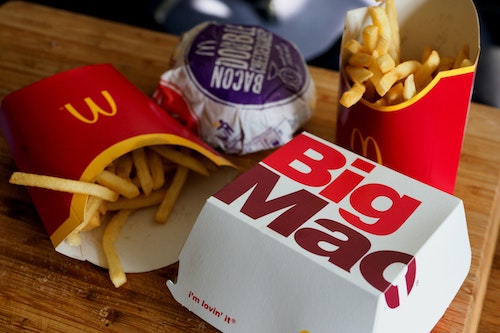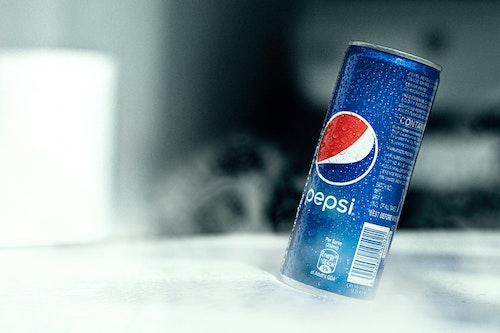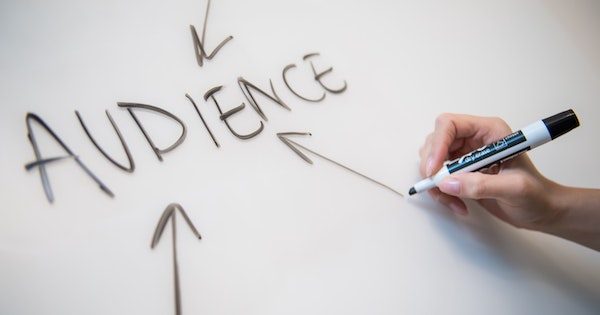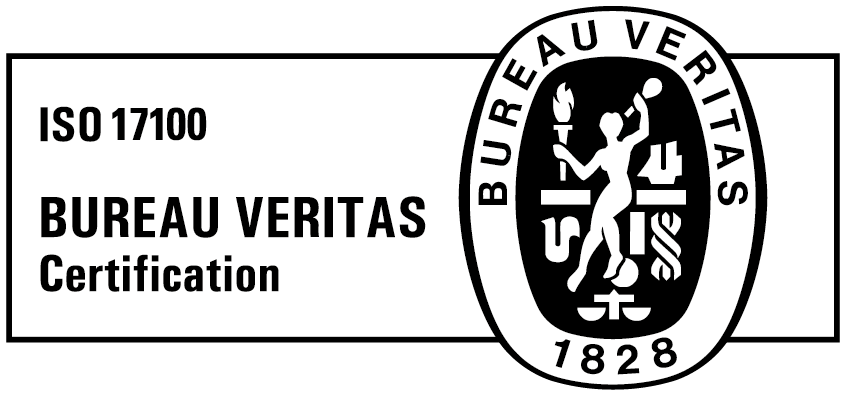Are you more of a listener? We’ve got you covered!
Translation vs Localization: is there even a difference?
Is it maybe just jargon or a “buzz” word used in the translation industry?
About those 7 companies that failed the localization test completely
We have laid out the key fundamentals of translation and localization. Now let's look at some of the companies that learned the importance of localization the hard way.

Localization Mistake 1: Honda goes R
Years ago, the Japanese car company Honda introduced a new car model in Scandinavia, called “Fitta”. The name sounded hip and very European, and the car was anticipated to become a big hit. Unfortunately, the name ruined all their expectations and cost them a fortune in marketing material. In Swedish, Norwegian, and Danish, the word “Fitta” is an older term for female genitals. The slogan “Small on the outside, big on the inside” did not really help matters either. As a result, they decided to rename the model to “Jazz”, which is now among their best-selling subcompact cars.
Localization Mistake 2: McDonald's Advertising the “Big Pimp”


Localization Mistake 3: Pepsi Playing with Ghosts
Localization Mistake 4: Starbucks Makes a Straight-Up Error


Localization Mistake 5: KFC wants you to eat your fingers off
Localization Mistake 6: Ford Pinto Falls Short in Brazil
By now you should see the importance of localization, and clearly from the examples, the importance of it when translating slogans. Unfortunately, Ford also fell into the trap when entering Brazil with their Ford Pinto model. Pinto in Brazilian Portuguese is a reference to a man with tiny genitalia. Definitely not the message Ford wanted to communicate to prospective customers, right? In an attempt to address the mistake, they renamed the Pinto as the Ford Corcel (“Stallion”).


Localization Mistake 7: Pampers Confuses Japanese Parents
The Moral of the Story?
We know that these mistakes are pretty funny or shocking, whichever way you look at it. However, they cost the companies a lot of money and reputational damage.
Localization is a crucial step towards successfully entering a new market! This is especially so when you consider that more than 72% of all global consumers spend most of their time on websites in their own language. They say that the first impression is always the most important one!
“You never get a second chance to make a first impression”
– Andrew Grant
Frequently asked questions
What is the difference between localization vs translation?
Which companies have a localization strategy?
Why is localization important?
translations quicker than ever before!
read more interesting content like this.



